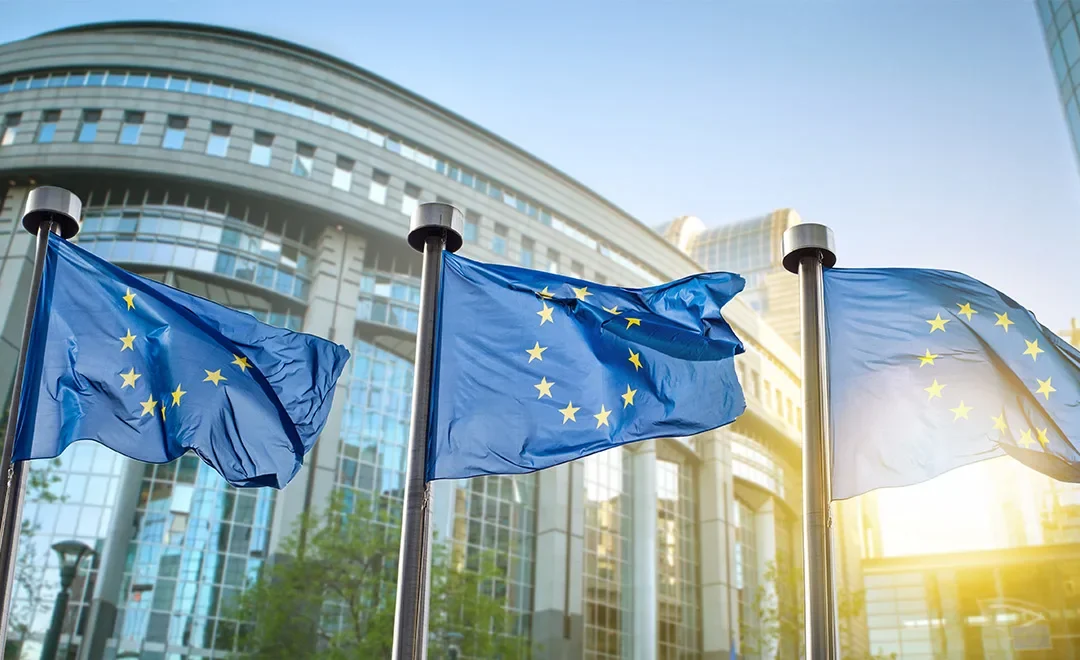 The European Union’s new rules preventing geo-blocking became reality this week.
The European Union’s new rules preventing geo-blocking became reality this week.
Geo-blocking is described by the European Parliament as “any restriction imposed by online shops, based on nationality, place of residence, or place of connection.”
Examples include websites not accepting means of payment, such as credit cards, from other countries; not being able to register on a website due to the location of either your residence or your internet connection; and being redirected to a different country’s version of a website when trying to access a particular page (with the added inconvenience that that page may not be available on the subsequent site.)
This last example is called ‘country redirect’ and has also now been forbidden by MEPs.
The European Parliament cites data that last year, a third of online shoppers bought from retailers in another EU country, yet such barriers as listed above still remain – until, that is, the advent of the new legislation which gives people access to goods and services on the same terms all across the EU, regardless of where they are connecting from.
A study by the European Commission, which analysed thousands of websites all over the EU, discovered that in only 37 percent of cases people were able to complete a purchase from another EU country and buy the goods that they wanted. In the other cases, online shoppers experienced some form of restriction.
Parliament wanted this discrimination to end, so that people can benefit, both online and offline, from an integrated single market.
Polish EPP member Ró?a Thun, the MEP in charge of steering the rules through Parliament, said: “After roaming, after portability, I am really proud that, in cooperation with the European Commission, we managed to find a solution to the problem of geo-blocking. This will serve millions of citizens.”
The new rules apply to a wide range of goods and services, including: Physical goods, such as furniture and electronics; online services, such as cloud services or website hosting; and entertainment services, such as tickets to leisure parks and concerts.
The Parliament has made sure that the European Commission will carry an evaluation of the end of geo-blocking within two years, while also considering including copyrighted materials such as e-books and audio-visual products that are for the moment excluded from the regulation.
The regulation was initially approved in February this year, and has now officially been made law.



















